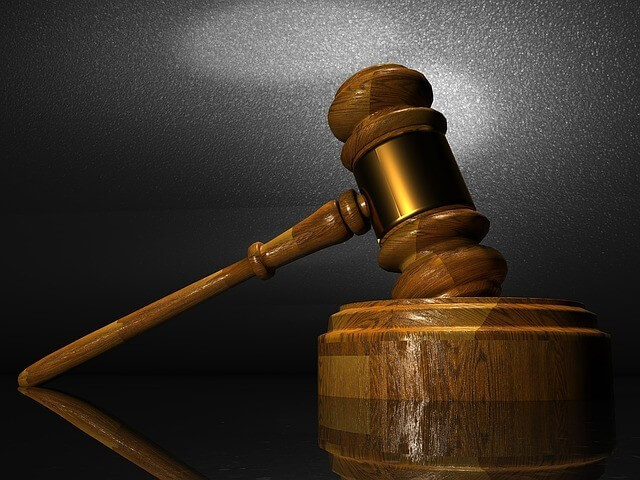FCPA is Being Encouraged to Fight Foreign Bribery
The US Justice Department is apparently bulking up its anti-foreign bribery program. According to HETQ, the US plans to expand benefits for companies who report on any acts of foreign bribery their employees may have committed. Deputy Attorney General Rod Rosenstein announced the new policy at the 34th International Conference on the FCPA in Maryland.
The FCPA
This announcement builds on a pilot program introduced by the Obama Administration in 2016. The Foreign Corrupt Practices Act (FCPA) enforcement is a high priority area for the SEC as well as the DOJ. FCPA has been in practice since 1977:
- The Act is the most widely enforced anti-corruption law and was the first to introduce corporate liability, responsibility for third parties, and extraterritoriality for corruption offences.
- FCPA specifically outlaws companies issuing stock in the U.S. from bribing foreign officials for government contracts as well as bribery related to other business.
This means companies and individuals can be held criminally and civilly responsible for foreign bribery. HETQ says the new announcement changes incentives for companies, that voluntarily report to authorities, employees who pay bribes to foreign officials.
The article says, the deputy attorney “stressed that laws should reflect the fact that employees generally commit corporate crimes, not companies.” Rosenstein said he hopes the new policy will encourage corporations to see law enforcement as an ally.
The HETQ article points out that Rosenstein highlighted the successes of the Obama Administration pilot program that took aim at foreign bribery.
Mixed Messages
But this high-praise for the foreign bribery measures leaves some players in a bit of confusion. Recently, the Supreme Court said the SEC has five years after a fraud occurs to sue suspected perpetrators. The Kokesh v. SEC case centered on a 2009 SEC lawsuit against Charles Kokesh. He was accused of stealing money from thousands of small investors during the 1990s and early 2000s.
All of this means that the SEC corruption cases need be well underway and complete within 5 years. As the WSJ points out, that may be a little tough. Investigations looking into foreign corruption have a host of different laws to navigate. These cases are usually among the lengthiest to hash out, because of the complexity of foreign jurisdictions and the fact that cannot halt the five-year time limitations while foreign courts comply with evidence requests.
The recent WSJ article quotes, Steven R. Peikin who is a co-director of the commission’s enforcement division as saying, the decision will likely have a major impact on FCPA cases where prosecutors typically try force companies to forfeit illegitimate profits. Many of these cases take place on foreign soil and many stem from bribery accusations.
The recent ruling is still working its way through the SEC, it’s not yet clear how impactful it will actually be.
Encouraging Reporting
Despite the potential complications, the message from the current administration seems to be “report any foreign bribes.” The HETQ says Rosenstein knows the problems can start small but soon overwhelm the system. An official with DOJ is quoted as saying the new program hopes to help authorities in prosecuting individual executives—not giving a pass on corporate crime.
Jeffrey A. Newman represents whistleblowers: 1-800-682-7157
